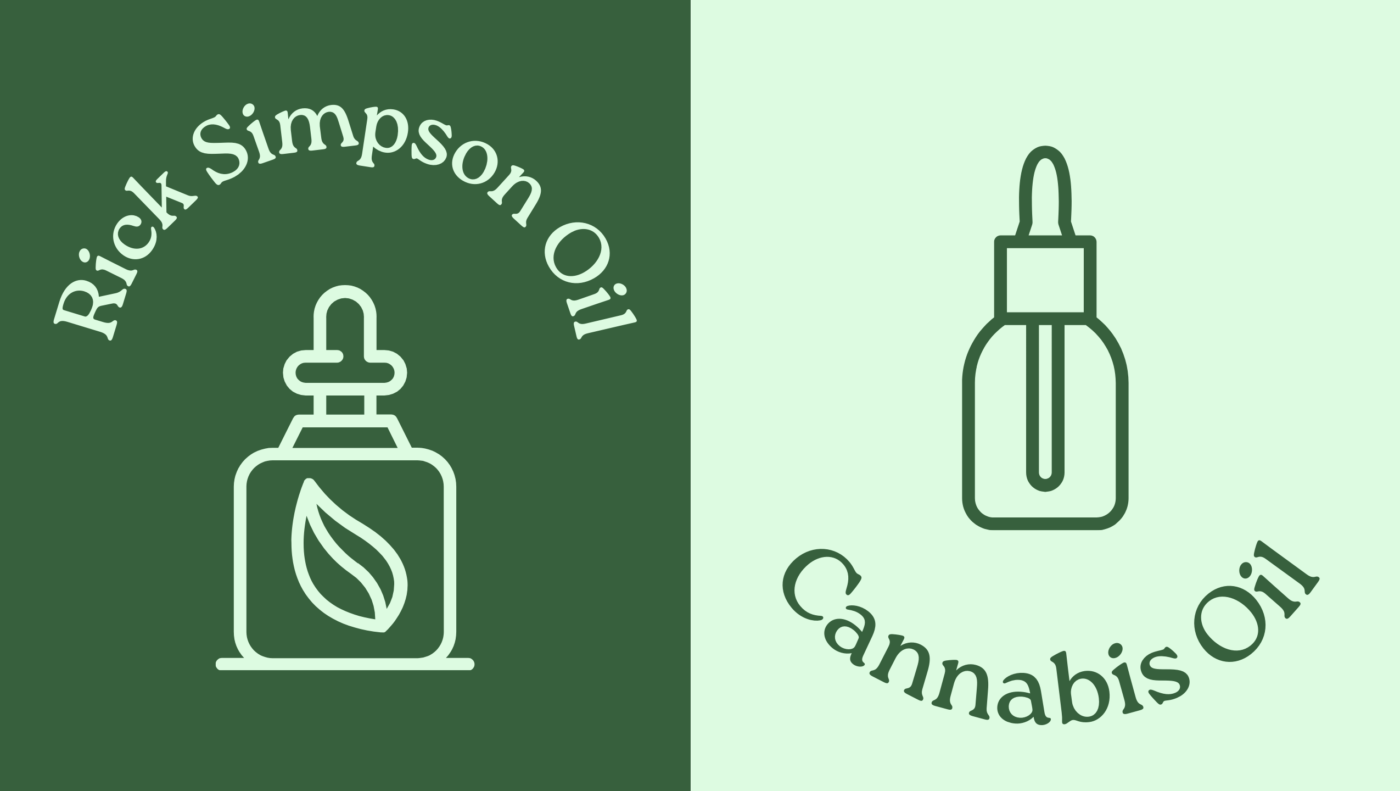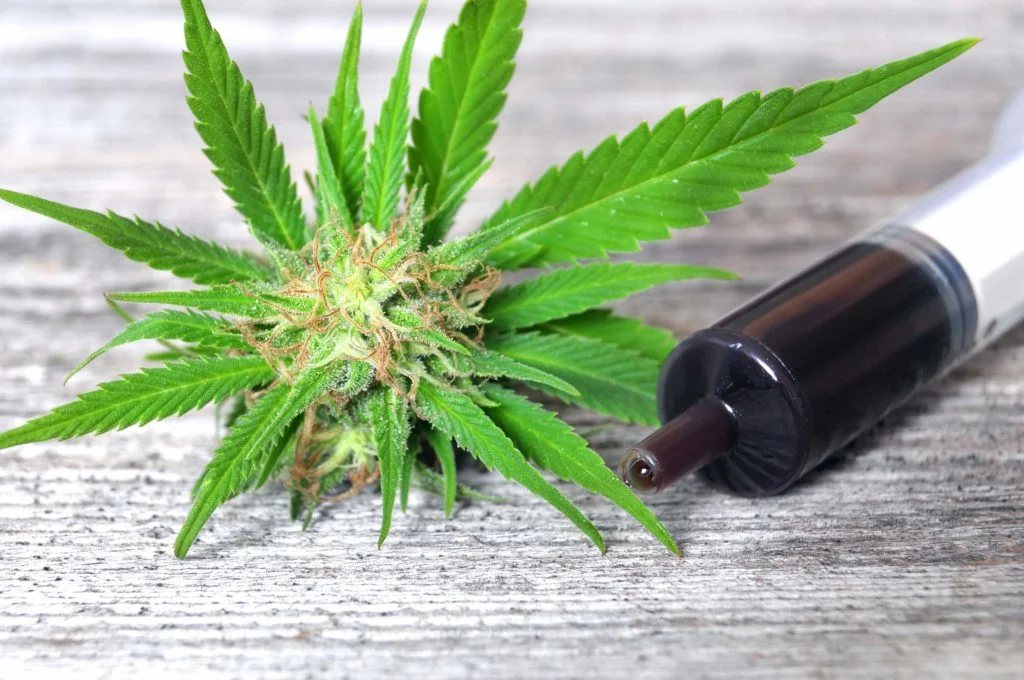The Benefits of RSO Oil
Introduction
RSO provides a strong, full-spectrum THC experience. Many users rely on it for chronic pain, inflammation, anxiety, and sleep problems. In this guide to the benefits of RSO oil, we will look at how to safely add this powerful extract to your wellness routine. This can help improve your quality of life.
Benefits of RSO Oil
Rick Simpson Oil (RSO) is a viscous cannabis concentrate made from the plant’s flowers. Named after its creator, Rick Simpson, it has very high levels of THC. It also includes all the plant’s other helpful compounds, making it a full-spectrum extract. Simpson famously used this oil on his skin cancer and said it went away. However, there is no clinical evidence that RSO can cure cancer. In practice, RSO is mostly used by medical marijuana patients. They seek relief from symptoms like chronic pain, nausea, insomnia, anxiety, and inflammation. However, scientific research on RSO’s benefits is still limited.
RSO Oil for Pain Relief
RSO oil is often used to alleviate chronic pain. Studies have found that cannabis oils containing THC can reduce pain and nausea, for example, in chemotherapy patients. In real life, many users report that RSO helps manage arthritis, nerve pain, and other hard-to-treat pain conditions. Because RSO is very strong, patients usually “start low and go slow.” They begin with a small dose and slowly increase it over days to reduce side effects. Even small amounts, like the size of a grain of rice, can provide strong pain relief. Taking it under the tongue or with food can help for several hours.
RSO Oil for Cancer Treatment
Rick Simpson Oil became popular online as a supposed “cancer cure.” This is because Simpson’s book, Nature’s Answer for Cancer, suggests taking about 60 grams of RSO in 90 days. However, doctors emphasize that RSO has never been proven to treat cancer. Research on cannabis and cancer is still in early stages. In lab and animal studies, THC and other cannabinoids can slow tumor growth or kill cancer cells. However, no human trials confirm RSO as a cancer treatment. People use RSO to help with cancer symptoms. For example, it can ease nausea from chemotherapy, boost appetite, or relieve pain. However, this is very different from curing cancer. Oncologists say that RSO should not take the place of standard treatments. Patients thinking about RSO should talk to their cancer care team.
Other Potential Benefits of RSO Oil
Many users think RSO can help with more than just pain relief. They believe its high-THC, full-spectrum formula may also assist with insomnia, anxiety, and inflammation. Many patients say that RSO helps them sleep, lowers stress, and reduces joint pain and swelling. This matches the anti-inflammatory effects of cannabinoids. RSO is also used to stimulate appetite and combat nausea (much like other THC-based cannabis medicines). These effects are mostly anecdotal, however—rigorous studies are lacking. In short, RSO may help relieve many symptoms for some people. However, its benefits beyond pain and chemo support are not proven by science.
How to Use RSO Oil
Dosing RSO oil requires care. RSO comes as a thick paste or oil and can be administered in several ways. Common methods include
- Sublingual: Place the oil under the tongue with a dropper. The thin mucosal tissues absorb cannabinoids quickly, producing effects in about 15–45 minutes.
- Ingested with food: Mix RSO into fatty foods (like butter or coconut oil) and swallow. The liver breaks down the oil. This process takes longer to start but lasts longer and often feels stronger.
- Topical: Apply directly to the skin or lesions. This method is mainly used for skin cancers or sores; systemic absorption is lower, so effects are mostly local.
According to Rick Simpson’s original plan, you should “start with a grain of” rice-sized dose three times a day. Then, double the dose every few days. Keep doing this until you reach about 60 grams in total over 90 days. Because RSO is so potent, modern recommendations are to begin even more cautiously, with tiny doses and slow titration. In all cases, avoid smoking or vaping RSO (it’s too thick to vaporize), and always follow your local laws.
Potential Side Effects of RSO Oil
Because RSO is extremely high in THC, it can cause strong side effects (even more so than milder cannabis products). Common THC-related side effects include
- Accelerated heart rate
- Anxiety or paranoia
- Impaired coordination and memory (making driving risky)
- Drowsiness or lethargy
- Dizziness, nausea or headache
Users should start with very low doses and increase slowly to gauge tolerance. RSO can interact with other medications. For example, using RSO with sedatives, blood thinners, or alcohol may increase effects. Due to these risks, experts suggest not driving or using heavy machinery after taking RSO. They also recommend talking to a doctor if you are on other medications.
RSO Oil vs Other Cannabis Oils
RSO oil is not the same as typical CBD or hemp oils. It is a full-spectrum, high-THC concentrate by design, whereas most CBD oils (especially those from hemp) contain very little THC. Standard cannabis tinctures sold at dispensaries are often mixed with a carrier oil, like hempseed or MCT oil. Their strength is usually similar to the flower they come from. In contrast, RSO is undiluted and very strong. Even a small drop can be much stronger than a regular dose of THC. This means RSO will produce a noticeable “high” in small amounts, while CBD oil produces no intoxication. In summary, RSO is best thought of as a powerful THC-rich extract, not a gentle CBD product.
Conclusion
Rick Simpson Oil is a strong cannabis extract. Many people use it to help with pain, chemotherapy symptoms, insomnia, and other long-term conditions. Early research on cannabinoids is promising, but RSO itself has not been proven as a cure for any disease. Its high THC content can provide strong therapeutic effects. However, it can also cause strong side effects, so be careful. Always consult a healthcare provider before trying RSO oil. A doctor or medical cannabis specialist can help weigh the potential benefits against risks and guide dosing. RSO is only legal in places with adult-use or medical marijuana programs. Make sure to follow all local laws and medical guidelines before using it.

